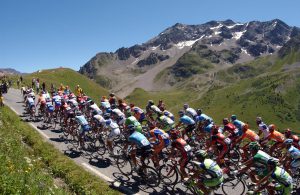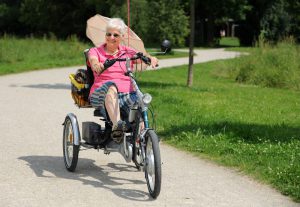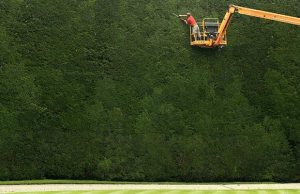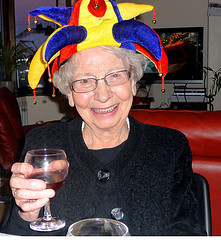It is Sunday July 10 in the Haute Savoie and I am a prisoner of the Tour de France bicycle race. Not the real one—the pretend one. Today, if I chop off a leg with the chain saw, fall through the hole in the upstairs floor or blow myself up while applying fire-starting gel to the BBQ coals, then I’m a goner with a capital G.
Medical assistance is not an option, as 15,000 people dressed in almost identical silly spandex clothes are riding their fancy bicycles in the summer heat over four mountain passes to complete one of the difficult mountain stages of the Tour de France.
And so, our escape road from mountain to city is officially completely closed.
These amateur cyclists are leaving in large packs at about 5-minute intervals. They make a road block 68 kilometres long and each has a yellow number attached to his/her handlebars.
(By the way, the REAL Tour de France comes through next week and takes about 5 minutes. I know as I’ve seen it. Once, sitting on a bench in front of the church gossiping with my old farmer neighbours and the priest, it zipped past in an almost silent buzz of energy.)
So, on this day of enforced physical and emotional stasis I am taking stock of my valley.
At the top stand the mountains strong and still – the Aiguille Verte, La Tête à l’Ane and the Mont Blanc catch the early morning sun.
Half way down, the yellow building cranes stand inactive on the new Club Med construction site that has (now that there is no snow anymore and global warming is firmly established) finally been given the green light at the ski resort across the valley. Soon more than 1,000 tourists will be able to come and cavort there in the winter rain and mud.
Further down the mountainside there is the latest landslide that suddenly opened up a couple of months back. Everyone is waiting for the condemned house at the edge to finally fall into the abyss. The insurance man has asked me to give him a call if I see this happen.
So, on this action-packed day of high summer in the mountains, I will set myself up beside the sand heap and the cement mixer. I will get out the green and white parasol to add a festive touch. I will read my book, and doze, and sip mountain-cold spring water. I will try to stay out of trouble and will wait for the evening and its freedom that I will no longer desire.
But right now … if someone could just get me the binoculars.









